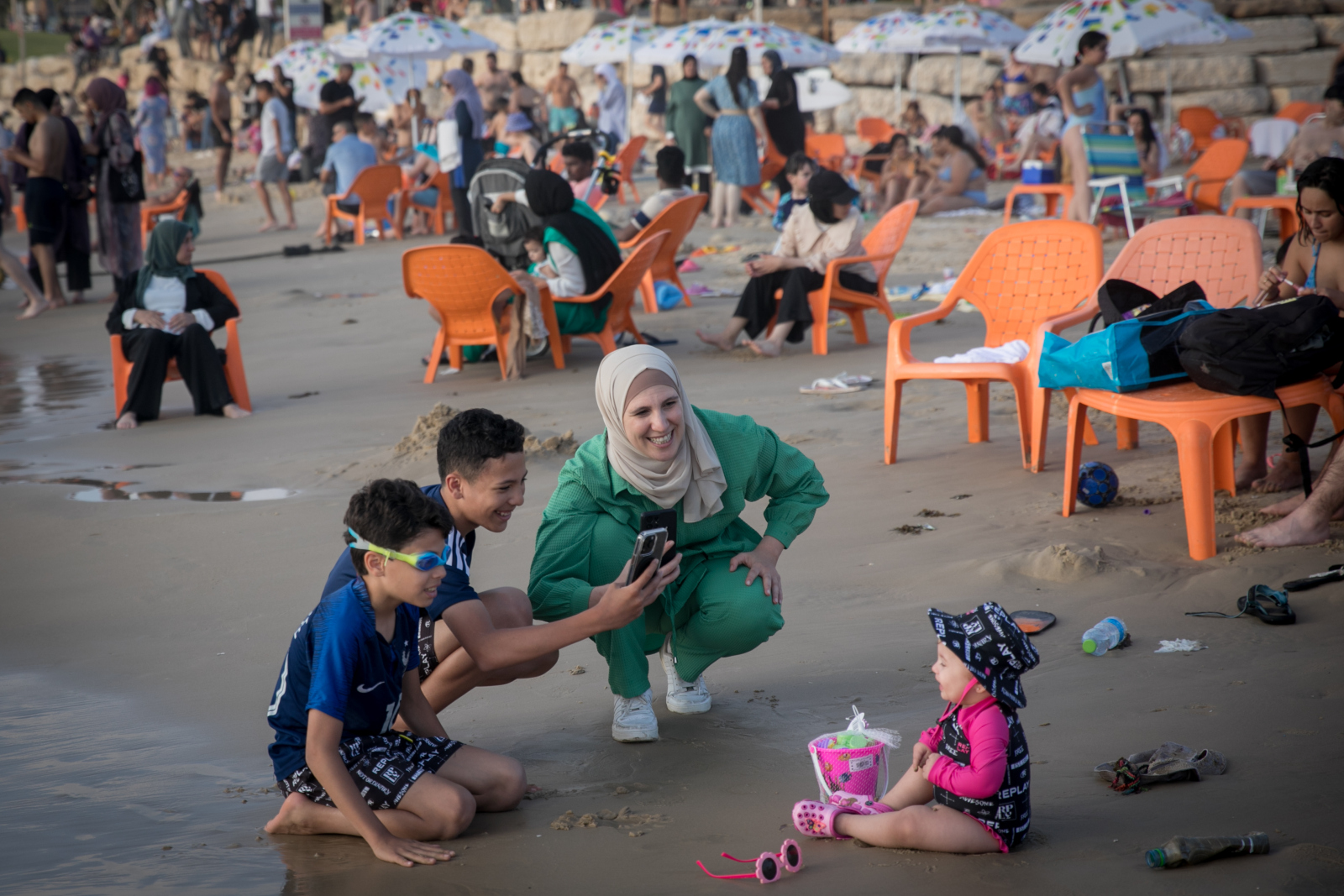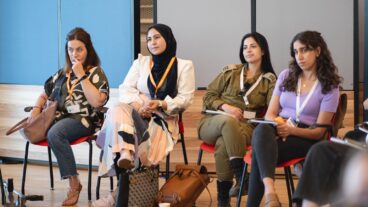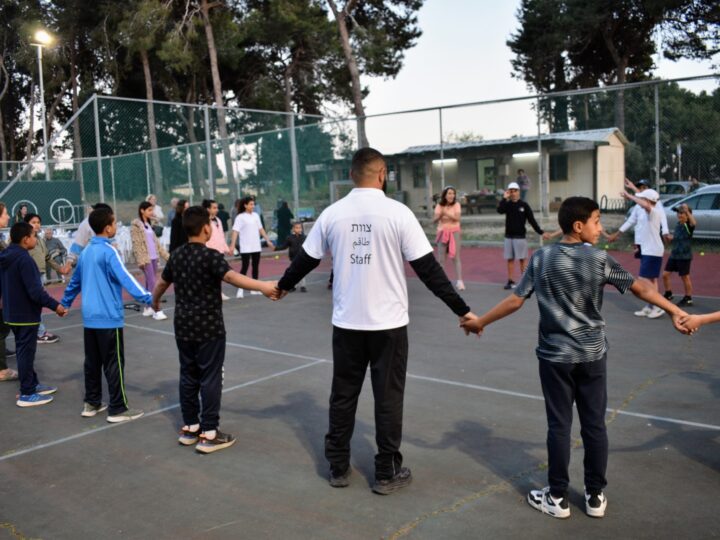The growth in Israel’s Muslim population is slowing, according to government statistics released in mid-June. Muslims now account for 18.1 percent of the country’s population, or a total of 1.782 million people, as estimated by the Central Bureau of Statistics.
The total Muslim population grew by 2.0% during 2023, a slight decrease on the 2.2% growth the previous year and close to half the 3.8% rate of growth recorded in the year 2000.
The overall trend is towards a more gradual increase, as reflected in the population’s total fertility rate — the number of children born per woman in the population. The figure for Muslim women was 2.91 in 2022 (the latest available figures) compared to 3.03 children for a Jewish woman, 1.85 for a Druze woman, 1.68 for a Christian woman and 1.26 for women not classified by religion.
The figures released offered some interesting insight into the Muslim population.
Muslim families tend to be larger: there are six or more people in over a quarter (about 26%) of all Muslim households, compared to about 9% of Jewish households.
The Muslim population is young: almost a third (31.9% or 586,000) is aged 14 or under. The proportion of old people is low, with only 4.9% (88,000) aged 65 or over. Life expectancy in 2022 was 77.0 years for men and 81.8 for women.
Muslim women marry earlier than their Jewish counterparts: almost two thirds (65.4%) of Muslim women aged 20 to 24 are single, compared to almost four-fifths (79.5%) of Jewish women. The number of women who are aged 45 to 49 and single is 10.5% among Muslims and 11.7% among Jews.
In addition, the average age at first marriage has been steadily increasing for both genders for more than 40 years. The average age of a bride was 23.5 in 2022, compared to 20.3 in 1980. The average age of a groom was 27.1, compared to 24.3.
As for education, the proportion of Muslim women studying for a first degree is more than double the figure for men. In total 41.9% of Muslim women went on to study within eight years of graduating high school, compared to just 19.3% of men. Muslims account for 13% of all degrees from institutions of higher education in 2022/3.
Just under half (48.8%) of all Muslims aged 15 and over were recorded as “participating in the labor force” in 2023 – 63.7% of men and 34.0% of women.















